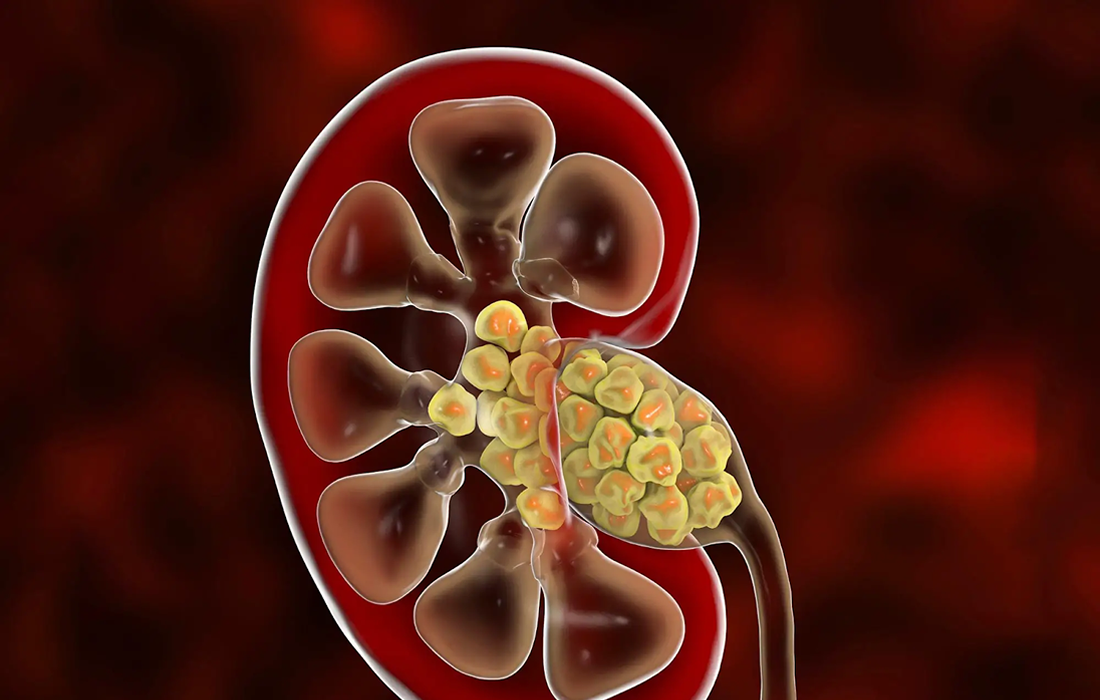Alzheimer’s disease (AD) is currently the sixth leading cause of death and is characterized by cognitive decline and cerebral atrophy associated with β-amyloid plaques and tau-protein aggregation (neurofibrillary tangles) in neurons. Treatments to reduce β-amyloid and/or tau protein aggregation carry promise but have generally not been as successful as predicted , consistent with a prior […]
Category Archives: Nutrition and Supplements
Researchers from The University of Queensland have discovered the active compound from an edible mushroom that boosts nerve growth and enhances memory. Professor Frederic Meunier from the Queensland Brain Institute said the team had identified new active compounds from the mushroom, Hericium erinaceus. Researchers have discovered lion’s mane mushrooms improve brain cell growth and memory […]
Depressive symptoms cause a significant disease burden worldwide. The therapeutic efficacy of current antidepressants is often insufficient, which is why further ways to alleviate the symptoms of depression have been sought, for example, from nutritional research. Vitamin D is believed to regulate central nervous system functions the disturbances of which have been associated with depression. […]
Kidney stones can cause not only excruciating pain but also are associated with chronic kidney disease, osteoporosis and cardiovascular disease. If you’ve experienced a kidney stone once, you have a 30% chance of having another kidney stone within five years. Changes in diet are often prescribed to prevent recurrent symptomatic kidney stones. However, little research […]
Colorectal cancer is the third most commonly diagnosed malignancy among both men and women in the United States and the second leading cause of death from cancer worldwide. Diet has been recognized as an important modifiable risk factor for colorectal cancer. Meanwhile, ultra-processed foods (that is, industrial ready-to-eat or ready-to-heat formulations made of little or […]
A new study has found that consuming dietary nitrate, the active molecule in beetroot juice, significantly increased muscle force while exercising. While it is known that dietary nitrate enhances exercise, both boosting endurance and enhancing high-intensity exercise, researchers still have much to learn about why this effect occurs, and how our bodies convert dietary nitrate […]
Whenever bacteria, viruses and other foreign substances enter the body, our immune systems react by deploying white blood cells and chemical substances to protect us. This reaction, commonly known as inflammation, also occurs whenever we overload tendons and muscles and is characteristic of diseases like rheumatoid arthritis. Antioxidants known as polyphenols are found in humans, […]
Approximately half of people with type 1 or type 2 diabetes experience peripheral neuropathy (weakness, numbness, and pain) primarily in the hands and feet. The condition occurs when high levels of sugar circulating in the blood damage peripheral nerves. Now, working with mice, Salk Institute researchers have identified another factor contributing to diabetes-associated peripheral neuropathy: […]
Vitamin D is an essential nutrient involved in many biological processes, most notably helping our body absorb minerals, such as calcium and magnesium. While some of the vitamin D we need is made in the body from sunlight, vitamin D deficiencies are often treated with supplementation. Evidence from laboratory studies, epidemiologic research and clinical research […]
Over the last few decades, the prevalence of overweight and obesity among adults has increased worldwide. Over 2 billion adults are overweight, while over 650 million are obese. Metabolic syndrome is characterized by visceral obesity, hypertension, atherogenic dyslipidemia, insulin resistance, and glucose intolerance, raising the risk of metabolic-associated fatty liver disease (MAFLD). Convincing data suggest […]










